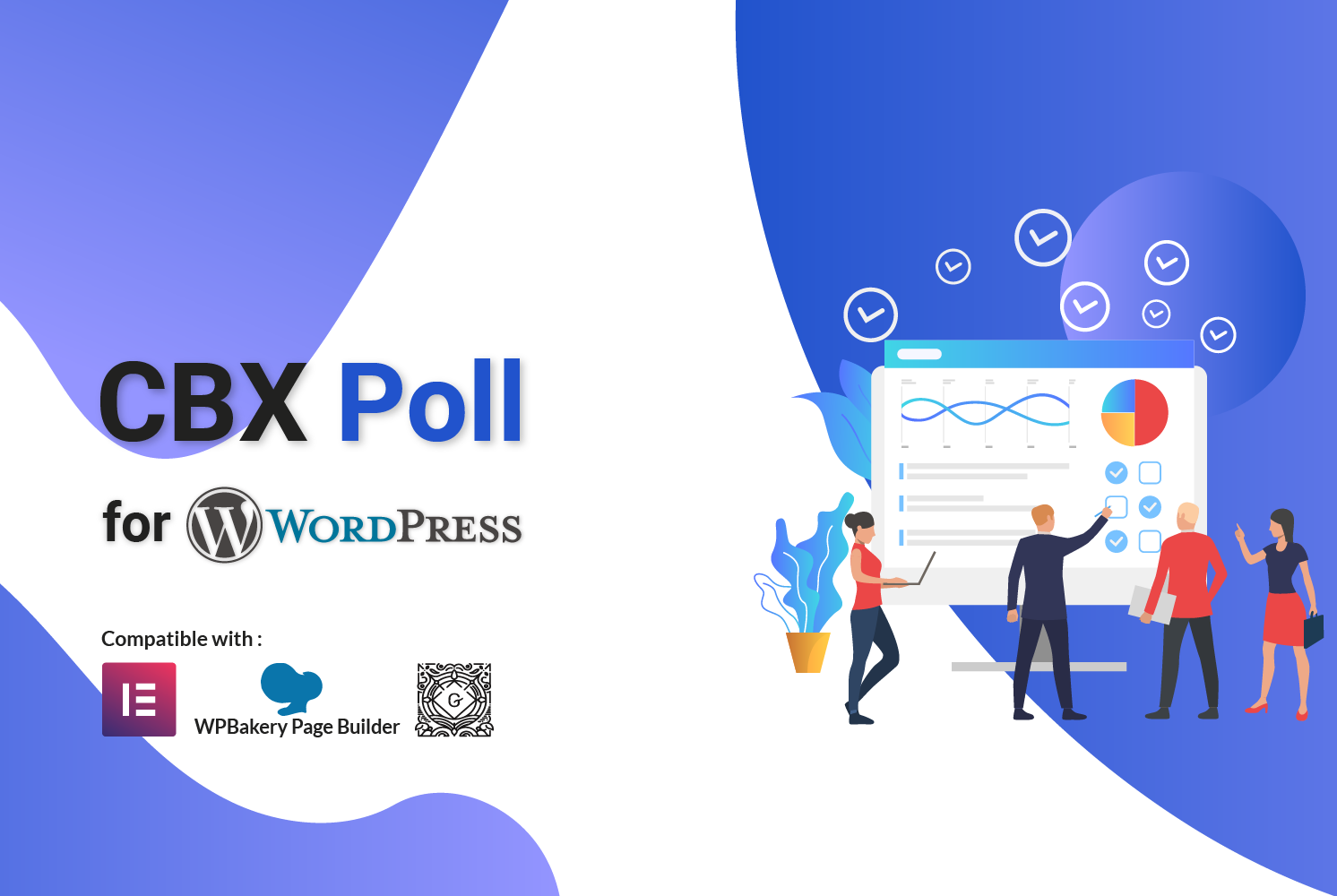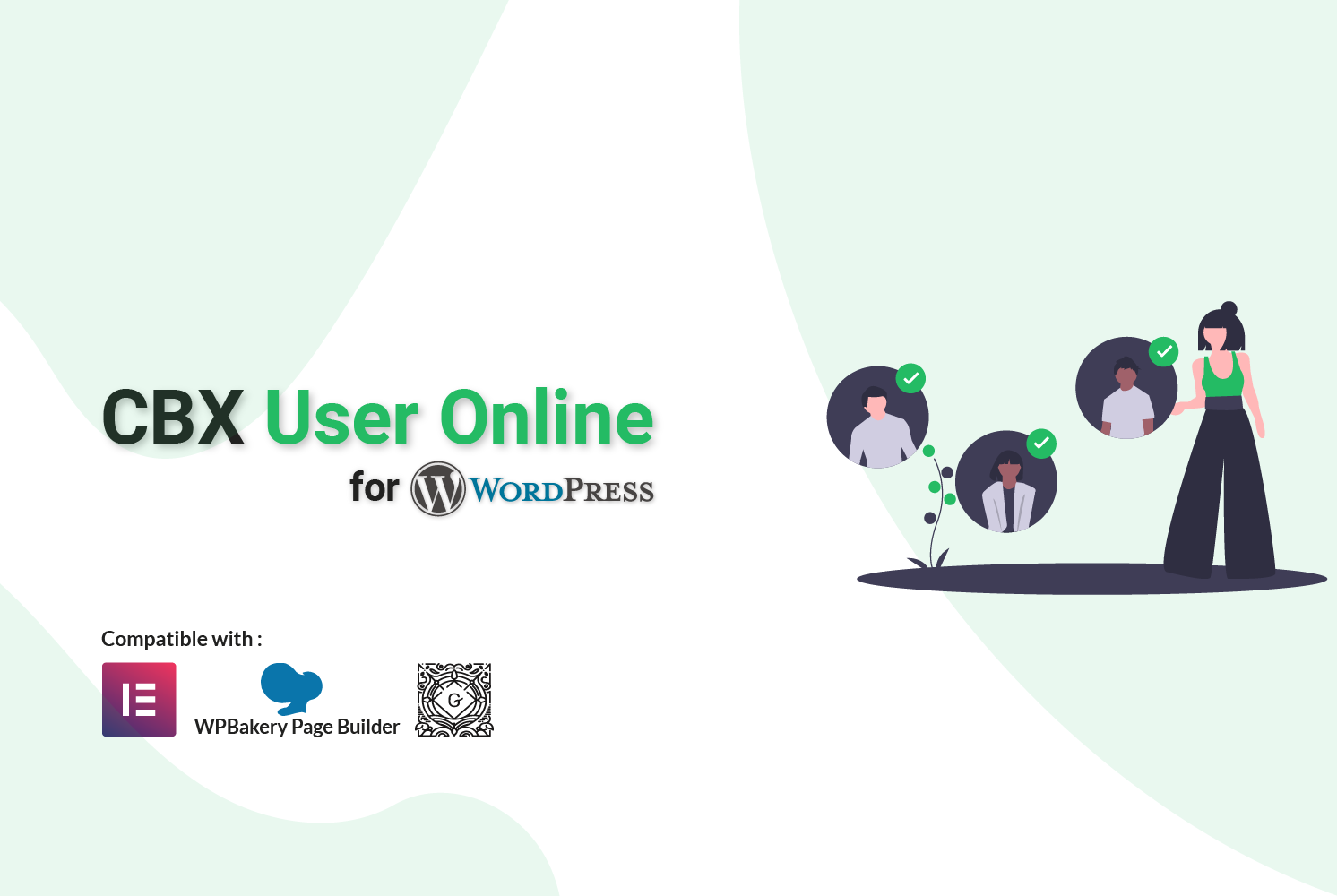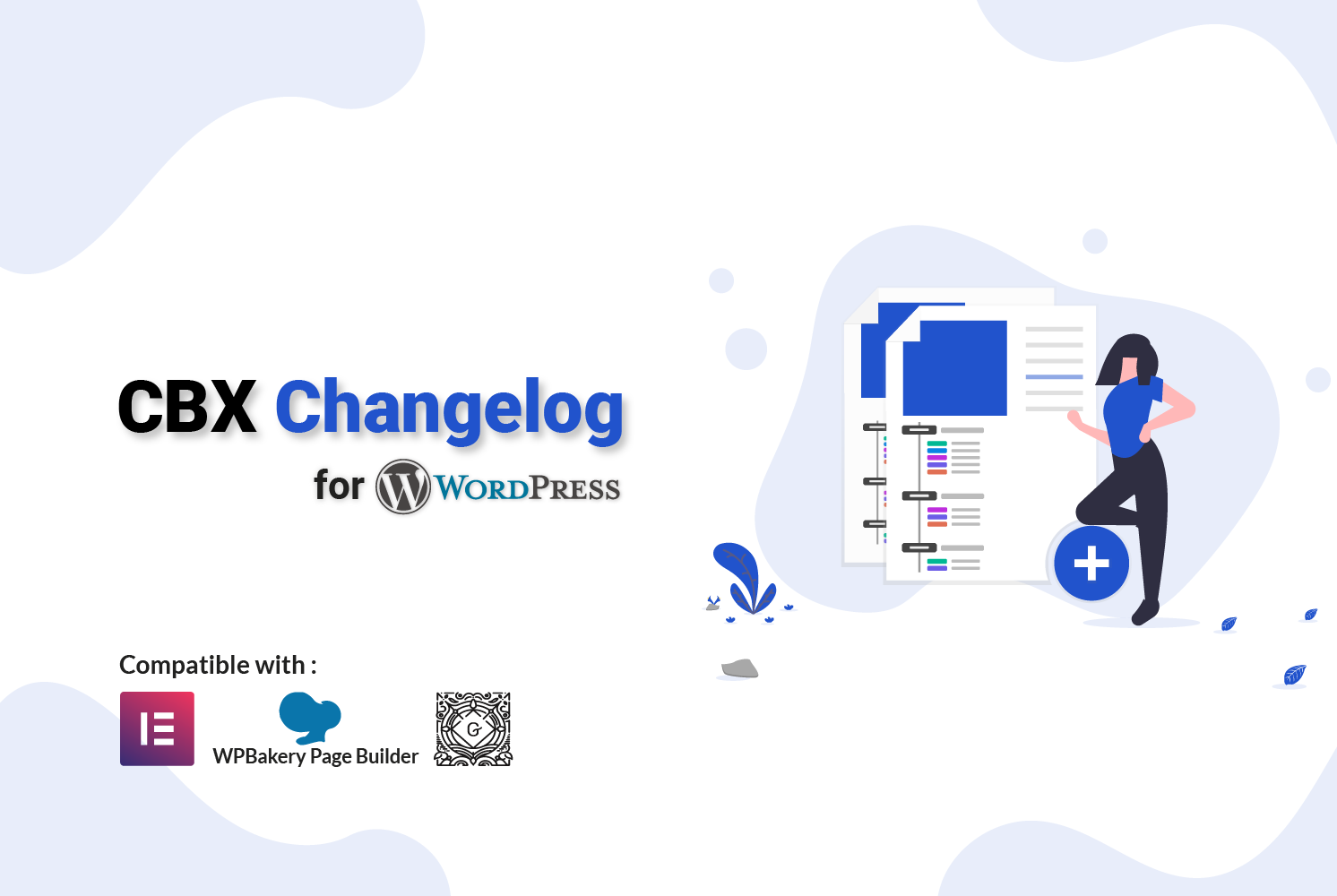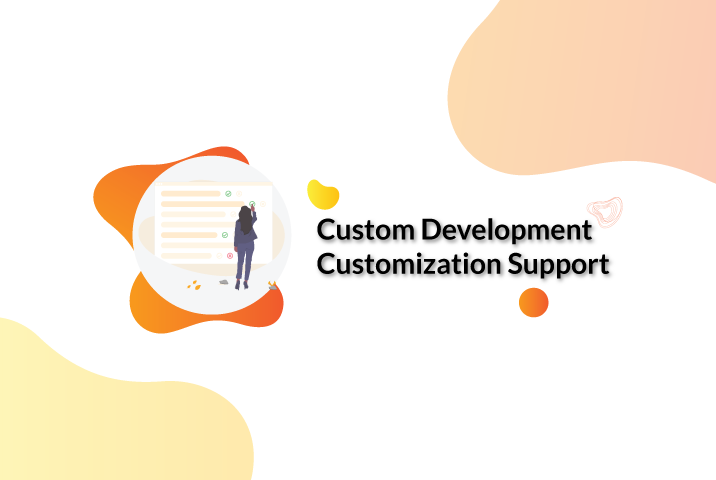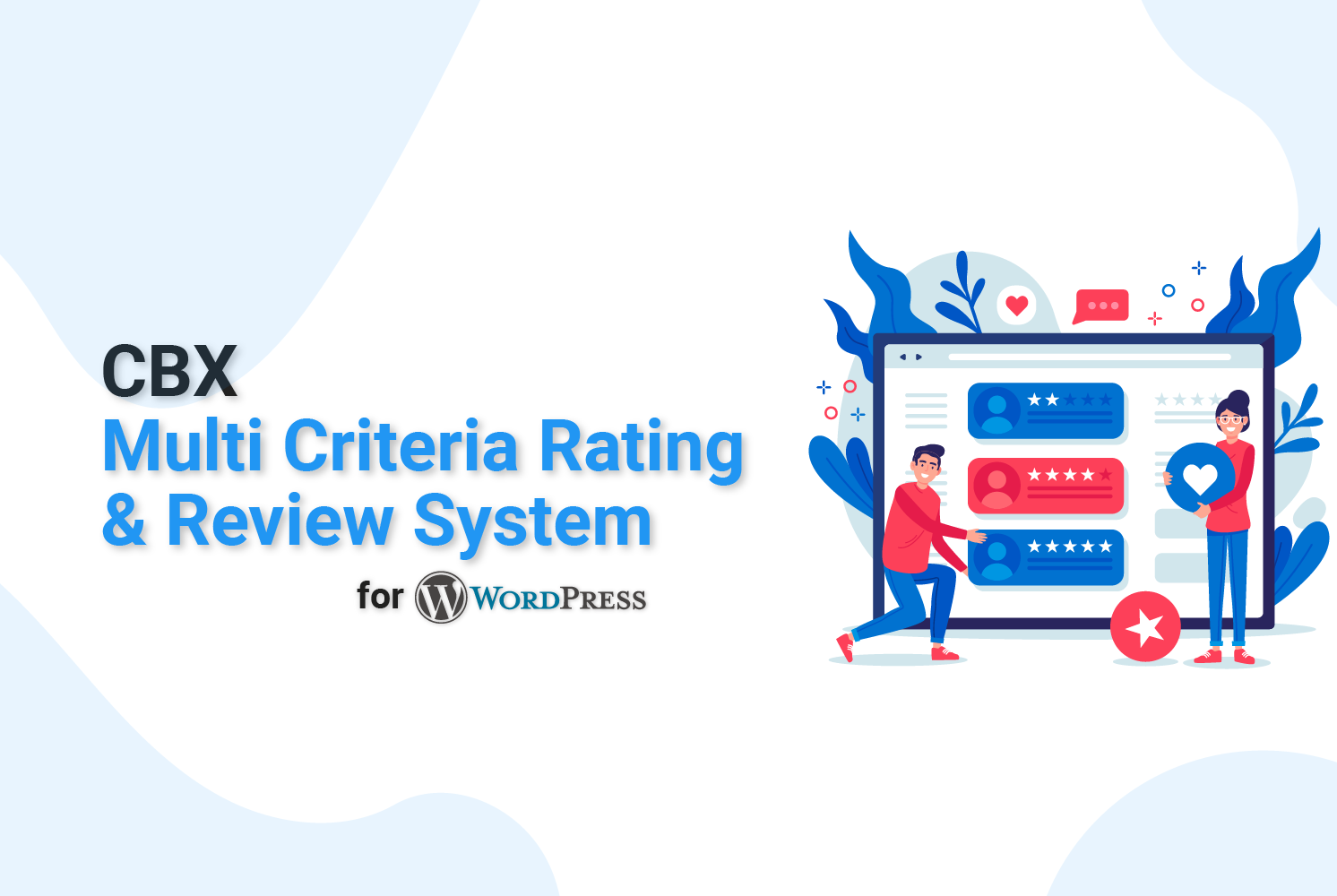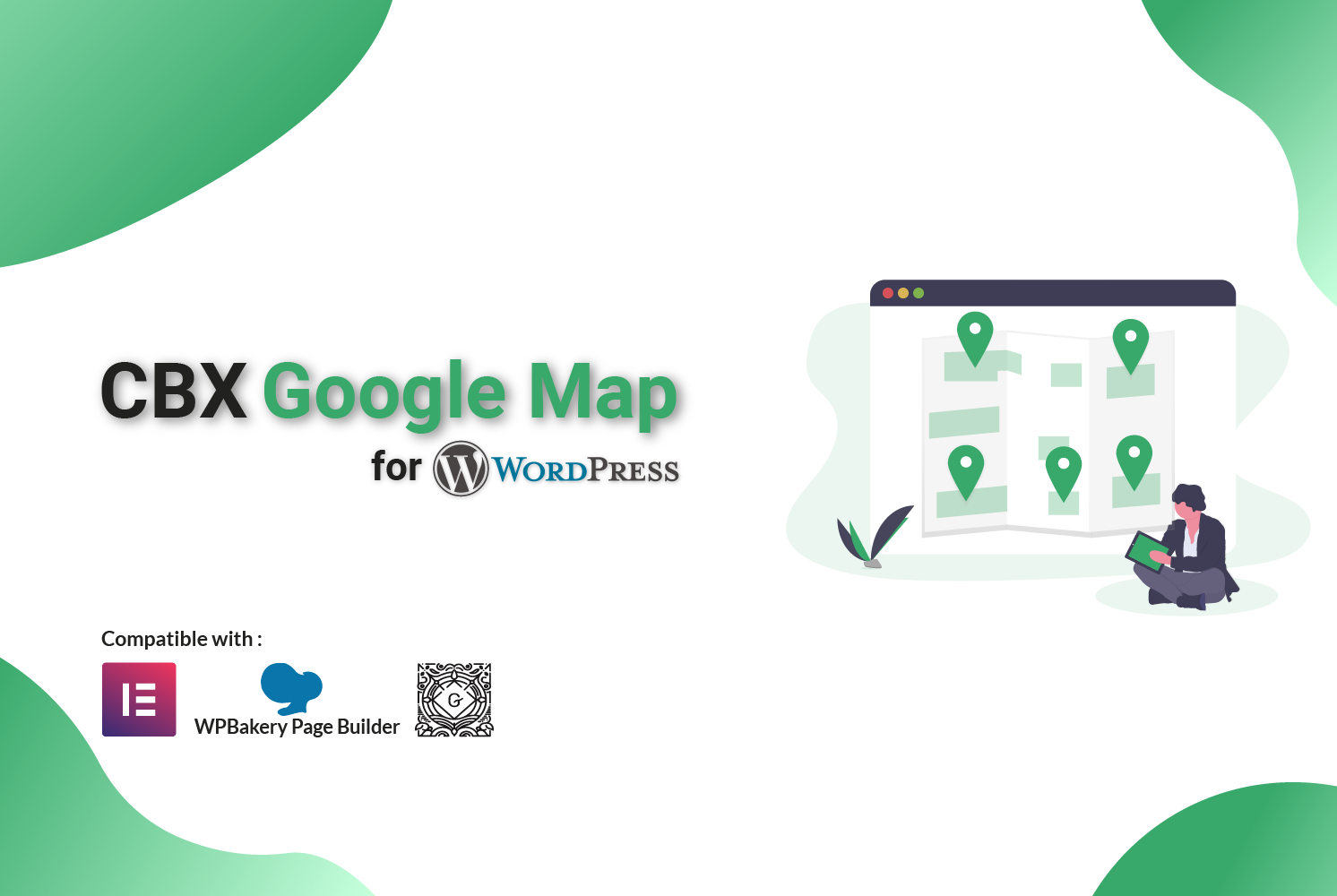PHP vs JavaScript Cookies: When, Why and How to Use Each
Short summary: Cookies can be created either server-side (PHP) or client-side (JavaScript). They behave differently in timing, security, visibility, and how consent tools (like Complianz) can block them. Choose the right approach depending on whether the cookie is for sessions, security, or tracking.
1. The fundamental difference — timing and location
At its core, the difference is simple but consequential:
- PHP cookies are set on the server before the HTML is sent to the browser via the
Set-CookieHTTP header (usingsetcookie()). Example: WordPress plugin CBX User online uses server side cookie for user tracking. - JavaScript cookies are set in the browser at runtime using
document.cookie.
That means PHP cookies exist as soon as the browser receives the response, while JS cookies are created only when the client-side code runs.
2. Security: HttpOnly, Secure and SameSite
This is where PHP gains an important advantage for sensitive cookies.
HttpOnly can only be set via server-side headers — JavaScript cannot read cookies marked HttpOnly. Use HttpOnly for session identifiers and authentication cookies to reduce risk from XSS attacks.
// PHP example (recommended for session/auth cookies)
setcookie('session_id', $value, [
'expires' => time() + 3600,
'path' => '/',
'secure' => true,
'httponly' => true,
'samesite' => 'Strict',
]);
JavaScript can set Secure and SameSite via the cookie string, but not HttpOnly — so JS-set cookies are inherently readable by scripts.
3. Visibility and synchronization
- Cookies set by PHP are delivered to the browser via headers; client-side JavaScript will only “see” those cookies for the running page after a reload (or if you explicitly read them).
- Cookies set by JavaScript are available immediately to JS, but PHP (server) won’t receive them until the next HTTP request.
This difference matters for flows that require immediate server-side validation vs. flows that only affect client-side UI or analytics.
4. Practical use cases — when to use which
- Use PHP (server-side) for: authentication/session cookies, tokens that must be protected with
HttpOnly, and anything that the server must trust immediately. - Use JavaScript (client-side) for: UI preferences, instant client-only flags, analytics/tracking cookies (but remember privacy/consent!), and features that need immediate client availability.
5. WordPress Context: Complianz and cookie consent — why it matters
Consent managers like Complianz can block scripts and cookies until the user gives permission. Cookies set by JavaScript are easy to delay or block because you can avoid running the JS. Cookies set by PHP are included in the HTTP response and may be harder to block unless you move the logic to the client or mark them as strictly functional.
Example — blocking JS cookies until consent
// only run analytics if Complianz reports consent
document.addEventListener('cmplz_event_statistics', function() {
document.cookie = "analytics_cookie=1; path=/; max-age=2592000";
initAnalytics();
});
Example — server-side cookies (functional)
// set a secure, httpOnly session cookie (functional)
setcookie('PHPSESSID', session_id(), [
'path' => '/',
'secure' => true,
'httponly' => true,
'samesite' => 'Lax',
]);
6. Quick reference table
| Aspect | PHP (server) | JavaScript (client) |
|---|---|---|
| When created | Before HTML is sent (HTTP header) | When JS runs (page load / user action) |
| Can set HttpOnly | Yes | No |
| Visible to JS | Only if not HttpOnly (and after page load) | Always |
| Immediate server visibility | Yes (in same response) | No (next request) |
| Best for | Sessions, auth, secure flags | UI prefs, tracking, instant flags |
7. Best practices checklist
- Mark authentication and session cookies as
HttpOnlyandSecure. - Only set analytics/marketing cookies after user consent; prefer client-side initialization after consent events.
- Document cookie names and purposes for Consent Managers (e.g., Complianz) so they can be categorized correctly.
- Use
SameSiteto mitigate CSRF where relevant. - Test in incognito and with Complianz debug mode to ensure non-essential cookies are blocked until consent.
Need to build a Website or Application?
Since 2011, Codeboxr has been transforming client visions into powerful, user-friendly web experiences. We specialize in building bespoke web applications that drive growth and engagement.
Our deep expertise in modern technologies like Laravel and Flutter allows us to create robust, scalable solutions from the ground up. As WordPress veterans, we also excel at crafting high-performance websites and developing advanced custom plugins that extend functionality perfectly to your needs.
Let’s build the advanced web solution your business demands.

